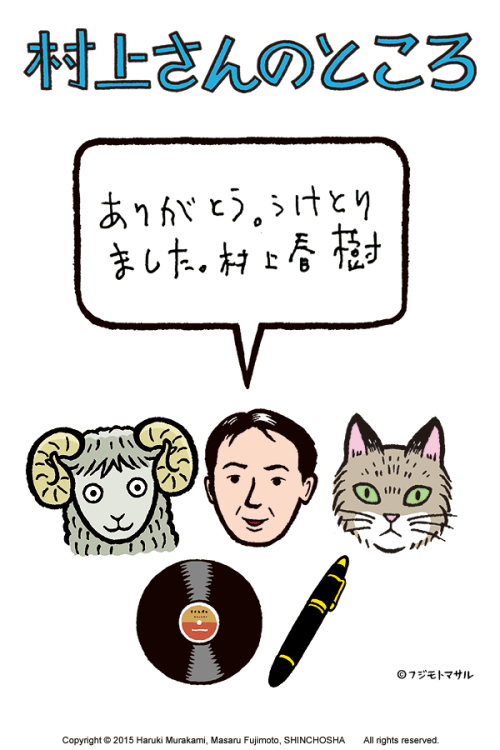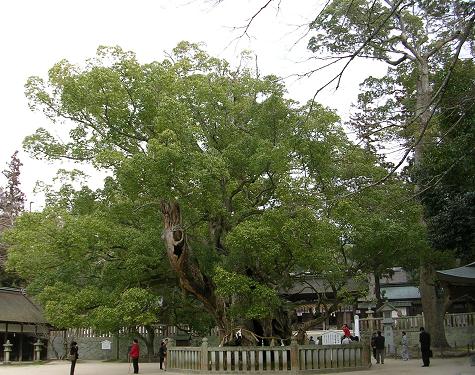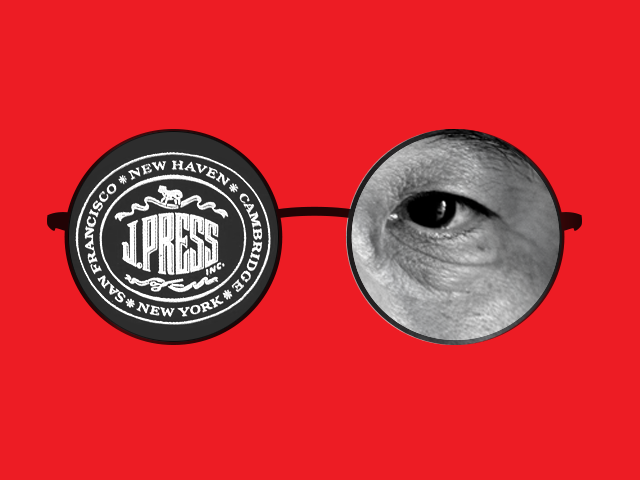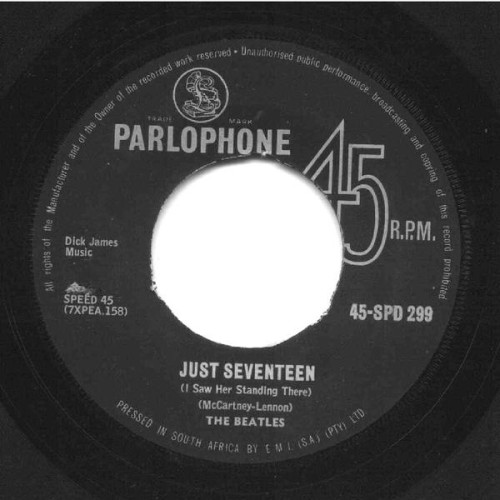After an extended break for ten days of travel through Bavaria and Bohemia (it was excellent; see Twitter/Instagram for details), I’m back at Hard-boiled Wonderland. In Chapter 24 “Shadow Grounds,” Boku visits the Gatekeeper and then has a catch-up with his shadow.
Most of the translation changes in this chapter feel relatively standard for Birnbaum’s style, but they are still evident even from the first few sentences. Here is the official translation:
Three days of clear weather have come to an end. I know it as soon as I awaken. I open my eyes with no discomfort.
The sun is stripped of light and warmth, the sky is cloaked in heavy clouds. (242)
Here is the Japanese with my translation following:
三日間つづいた見事な晴天は、その日の朝目を覚ますともう終わっていた。空は暗い色をしたぶ厚い雲に一部の隙もなく覆いつくされ、そこをとおり抜けやっと地上にたどりづくことのできた太陽の光はその本来の暖かみと輝きのあらかたを奪いとられていた。(354)
Three days of perfect weather are over when I wake up. The sky is covered with a thick, faultless layer of darkly colored clouds, and the light that manages to make its way through that covering has been robbed of most of its original warmth and brightness.
As you can see, the official translation is much more minimal than the original Japanese, yet Birnbaum (or his editor) adds a few details to help re-establish the scene (Boku and his eyes) in the End of the World. Maybe this is for the best after the lengthy Hard-boiled Wonderland chapters. I immediately looked at the paperback version of the book to see whether Murakami might have cut the sentences from the Complete Works edition, but the two are the same.
I did spot one cut by Murakami later in the chapter. Boku and his shadow sit under an elm tree, kicking their heels in the frozen ground. The shadow draws a circle in the ground to represent the perfection of the Town in the End of the World. They discuss plans for escape and the difficulties of living in the End of the World:
“My confidence is going, it’s true,” I say, dropping my eyes to the circle on the ground. “How can I be strong when I do not know my own mind? I am lost.”
“That’s not true,” corrects my shadow. “You are not lost. It’s just that your own thoughts are being kept from you, or hidden away. But the mind is strong. It survives, even without thought. Even with everything taken away, it holds a seed—your self. You must believe in your own powers.”
“I will try,” I say. (248-249)
And here is the original paperback version:
「たしかに僕は混乱している」と僕は地面に描かれた円に目を落としながら言った。「君の言うとおりだ。どちらに進んでいいのかを見定めることもできない。自分がかつてどういう人間であったのかということもだ。自己を見失った心というものがはたしてどれだけの力を持てるものなんだろう。それもこれほど強い力と価値基準を持った街の中でだ。冬がやってきて以来僕は自分の心に対して少しずつ自信を失いつづけているんだ」
「いや、それは違うね」と影は言った。「君は自己を見失ってはいない。ただ記憶が巧妙に隠されているだけだ。だから君は混乱することになるんだ。しかし君は決して間違っちゃいない。たとえ記憶が失われたとしても、心はそのあるがままの方向に進んでいくものなんだ。心というものはそれ自体が行動原理を持っている。それがすなわち自己さ。自分の力を信じるんだ。そうしないと君は外部の力にひっぱられてわけのわからない場所につれていかれることになる。」
「努力してみるよ」と僕は言った。(67)
“I definitely feel confused,” I say as I lower my eyes to the circle drawn in the ground. “It is as you say. I’m unsure of where I should be heading. Or of what kind of person I was in the past. How strong can a mind without a self actually be in the end? Especially in a town with such power and strong standards of value. Ever since winter arrived, I just keep losing confidence in my mind little by little.”
“No, you’re wrong,” my shadow says. “You haven’t lost your self. They’ve just hidden your memories. Which is why you feel confused. However, you’re not totally off. Even if you lose your memories, your mind will continue on in its original direction. A mind has inherent principles of movement. And that is, in other words, your self. Believe in your own strength. If you don’t, you’ll be thrown off course by powers outside of yourself.”
“I’ll try,” I say.
As you can see, it’s still quite different from Birnbaum’s translation. Lengthier, to be sure, but Birnbaum keeps many of the elements from the paperback. In the Collected Works edition, Murakami edits the shadow’s response:
「いや、それは違うね」と影は言った。「君は自己を見失ってはいない。ただ記憶が巧妙に隠されているだけだ。だから君は混乱することになるんだ。しかし君は決して間違っちゃいない。自分の力を信じるんだ。そうしないと君は外部の力にひっぱられてわけのわからない場所につれていかれることになる。」(363)
“No, you’re wrong,” my shadow says. “You haven’t lost your self. They’ve just hidden your memories. Which is why you feel confused. However, you’re not totally off. Believe in your own strength. If you don’t, you’ll be thrown off course by powers outside of yourself.”
Gone is the section about the mind and its “principles of movement.” It’s an interesting idea, but perhaps felt a little unwieldy when Murakami looked it over again? That’s the only thought I have now.
As I mentioned at the top, no major adjustment changes, but now that I’ve written this post, the English version does seem more intrusive than I initially thought. The compressions illustrated in the passages above are uniform throughout the chapter. But I guess this isn’t a big surprise: This is how Murakami was initially translated, and it’s not like the final product is a disaster. On the contrary, it’s pretty strong. Just a translation, innit?
In terms of language notes, I struggled with 間違っちゃいない and eventually resorted to help on Facebook after doing some googling and still not being totally sure about the meaning. The word is a contraction, of course, for 間違ってはいない, and I think it gave me fits because it seems to contradict with the 違う at the beginning of the passage. There is also a kind of “set phrase” feel/tone to the word and certain circumstances in which it gets used. As a native speaker Facebook friend noted, it means “you’re not (entirely) wrong (either)”
Now it’s on to the next 30-page Hard-boiled Wonderland behemoth. I’ll try to get through it quickly.






